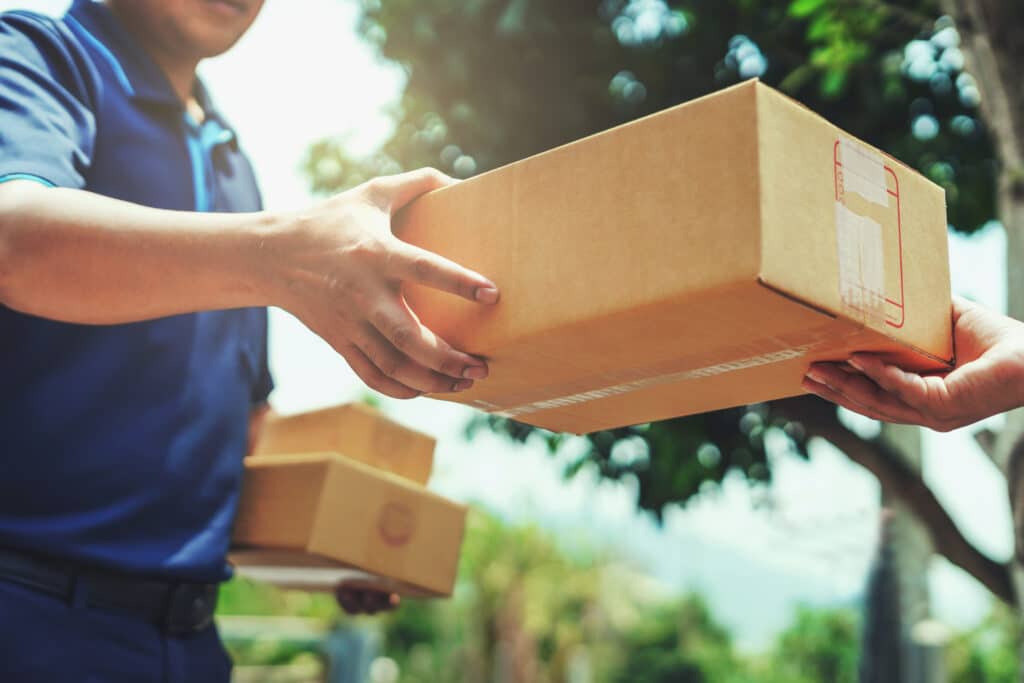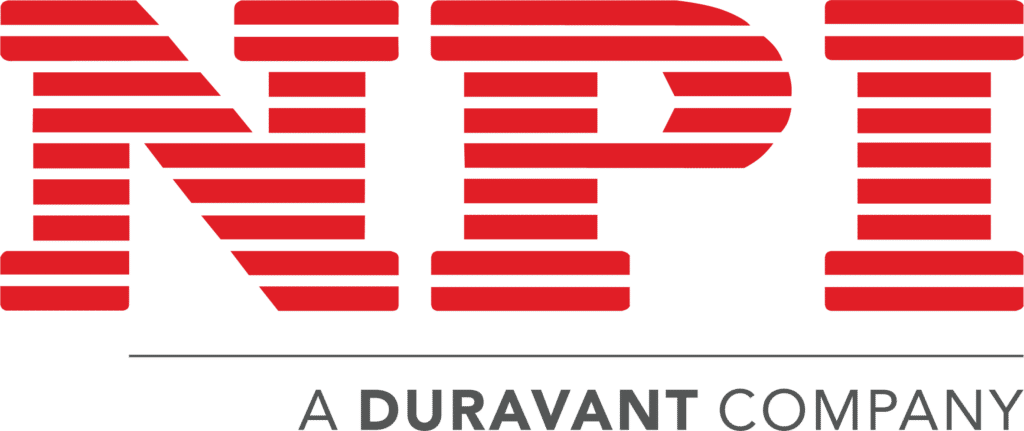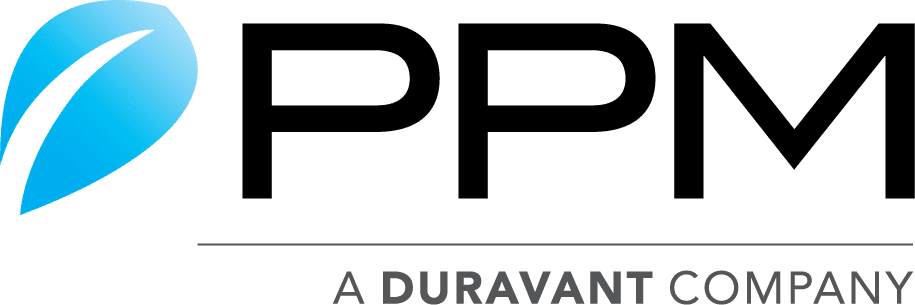The Duravant family of operating companies serve the food processing, packaging and material handling segments.
Industry Outlook: Challenges and Opportunities in the Parcel Industry
21/07/2021
Nearly every country is seeing increased demand for shipping needs. People and businesses rely on carriers to move and deliver these products. As a result, parcel companies are outgrowing their facilities, looking to expand, and changing last-mile delivery options. This is being done amid a global pandemic, supply chain challenges, and increased costs.

Challenges facing the parcel industry:
E-commerce in 2020 grew exponentially, largely as a result of the COVID-19 pandemic. To meet the increased needs, companies are changing last-mile delivery options. Some have implemented drone deliveries, pickup points, and delivery lockers.
Another effect of increased online shopping is an increasing number of returns. This utilizes resources that are costly for the company and increase inefficiencies. Companies will need to have organized and efficient systems in place to reprocess, resale, or destroy returned products.
Ranging from staffing issues to shipping delays, the parcel industry is facing a costly challenge as a result of the pandemic – lack of flexibility. Without flexibility, companies cannot guarantee shipping times or availability of resources required for parcel movement. “For our business, we have seen increased delays whether it be shipping containers, air freight, or ground delivery. As companies expand beyond capacity, delivery routes that were previously direct are now making more stops before the final destination.” explained Peter Rice, Vice President of Sales for FMH.
Private carriers are being forced to keep up with the standard delivery options offered by e-commerce. Free shipping or expedited shipping options have companies seeking solutions for the fastest on-time correct delivery. Companies are having to reconfigure their outgrown facilities and find solutions to capacity restraints.
“All parcel companies -- national, regional, private, or public -- are looking for pop-up locations, annex sites, temporary, and reconfigurable systems to handle the new peak that has outgrown their traditional systems.” Rich Stokes, Key Accounts Manager for FMH, explained.
Consumers are feeling the impacts of these challenges as well. A relatively small number of parcel companies mean that customers have limited control over delivery time. However, customers enjoy lower shipping costs than might otherwise be present as companies try to capture their business.
Prior to COVID and the e-commerce surge, many facilities were goods-to-goods, meaning warehouses would ship pallets of products to retail stores for distribution. There has been a shift to goods-to-consumer shipping, meaning warehouses must disassemble pallets to package individual products for shipping. In the rush to expand operations, companies looked for scalable, manual solutions. Now the shift is to automate these solutions as e-commerce is here to stay.

Opportunities for innovation in the parcel industry:
The relatively small number of major parcel companies offers unique challenges and opportunities for the industry. To remain competitive, companies are turning to innovative solutions and partnerships to offer value-added opportunities for customers. One example of this is last-mile delivery partnerships with private companies. This solution is designed to reduce strain on over-capacity operations.
Companies are also embracing omni-channel distribution to improve the customer experience. This model allows for more pickup and return options once an order is placed. Examples of this would be buy online, then pick up in-store or buy in-store with delivery to a home or business. By providing a seamless experience, companies can boost revenues and customer loyalty.
Another option companies are considering is adding distribution locations to reduce the distance between warehouse and consumer. As e-commerce grows and companies reach capacity limits, this solution is crucial to reach reasonable shipping times.
Perhaps the most innovative solution companies are exploring is retail partnerships. The goal of retail partnerships is to reduce the time and cost of merchandise returns. By relying on a partner to handle the return, the parcel company can focus their energy on shipping items and increasing revenues. A potential opportunity for companies would be to accept other vendors’ returns, adding value for the consumer and reducing effort required to return items.
Consumers are feeling the impacts of these challenges as well. A relatively small number of parcel companies mean that customers have limited control over delivery time. However, customers enjoy lower shipping costs than might otherwise be present as companies try to capture their business.
The material handling industry has a great opportunity to help meet the needs of the parcel industry in this phase of expansion. This includes creating automated solutions that will increase efficiency, reduce costs, and improve delivery times.








